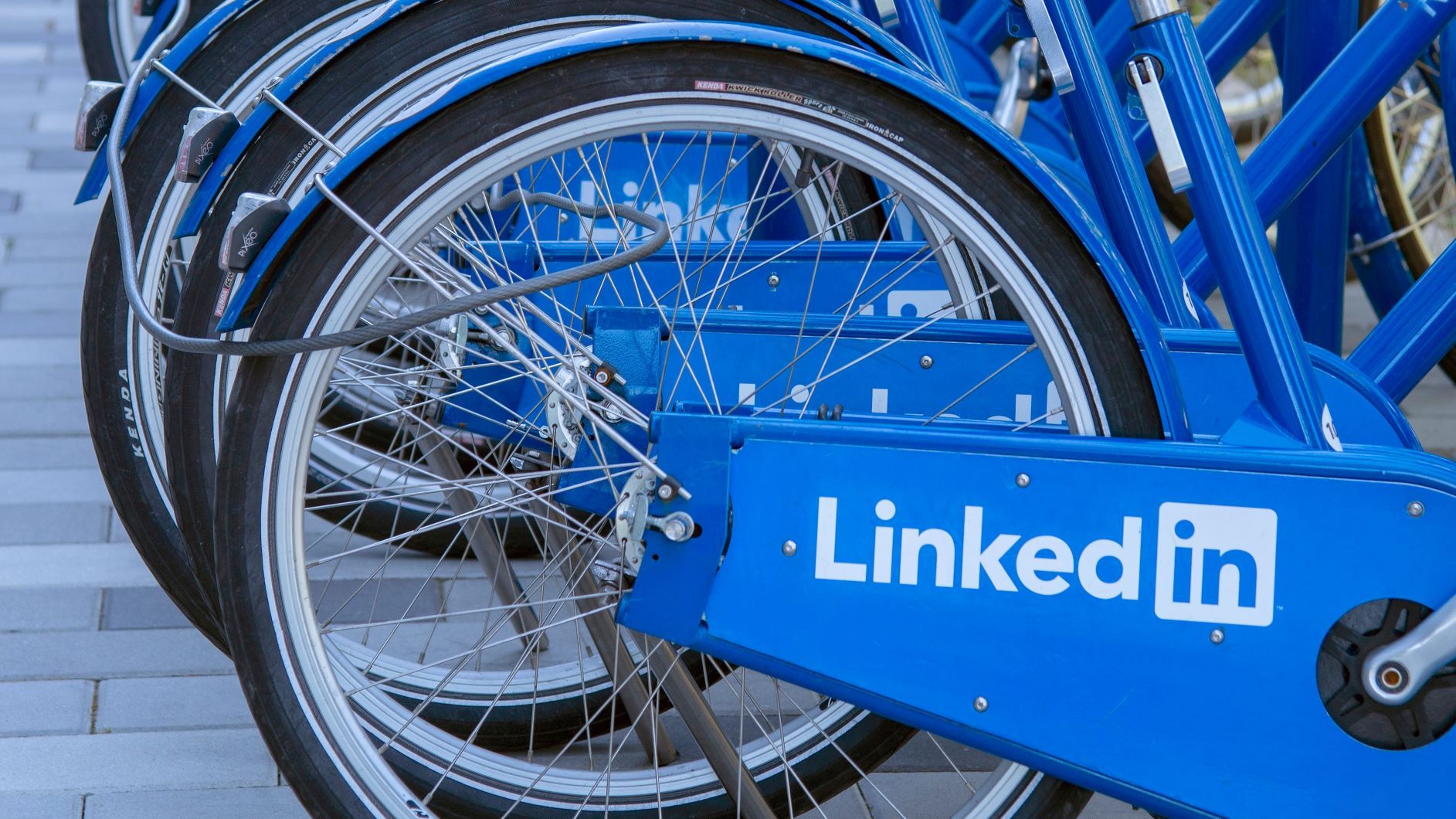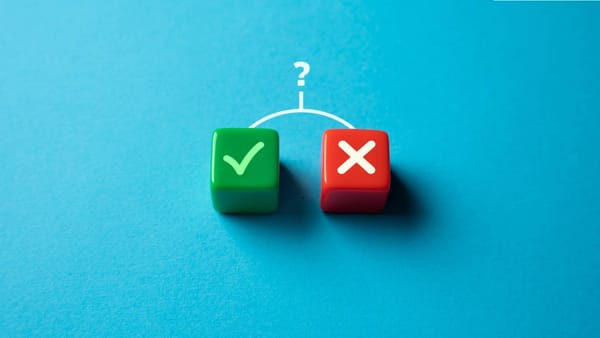You may be familiar with how to use hashtags, but it is not the same as grasping how they work. That is why it's important to look at data that demonstrates how to use hashtags on business are used appropriately and which channels they're used.
Hashtags are tags used to categorize content and make it easier to find related articles and content for the user. People looking for new content on a subject will come across miscategorized results if hashtags are used improperly.
As we can imagine, you will not want your brand or post to be associated with a poor user experience caused by stuffing hashtags to each post or using the wrong ones.
Hashtags help people identify and track what attracts them by grouping Tweets, posts, videos and discussions around a common theme.
When anyone searches or clicks on a hashtag, they will see all of the accounts and public posts that use that hashtag. And when you stick to the main purpose of this function, you can see the benefits too.
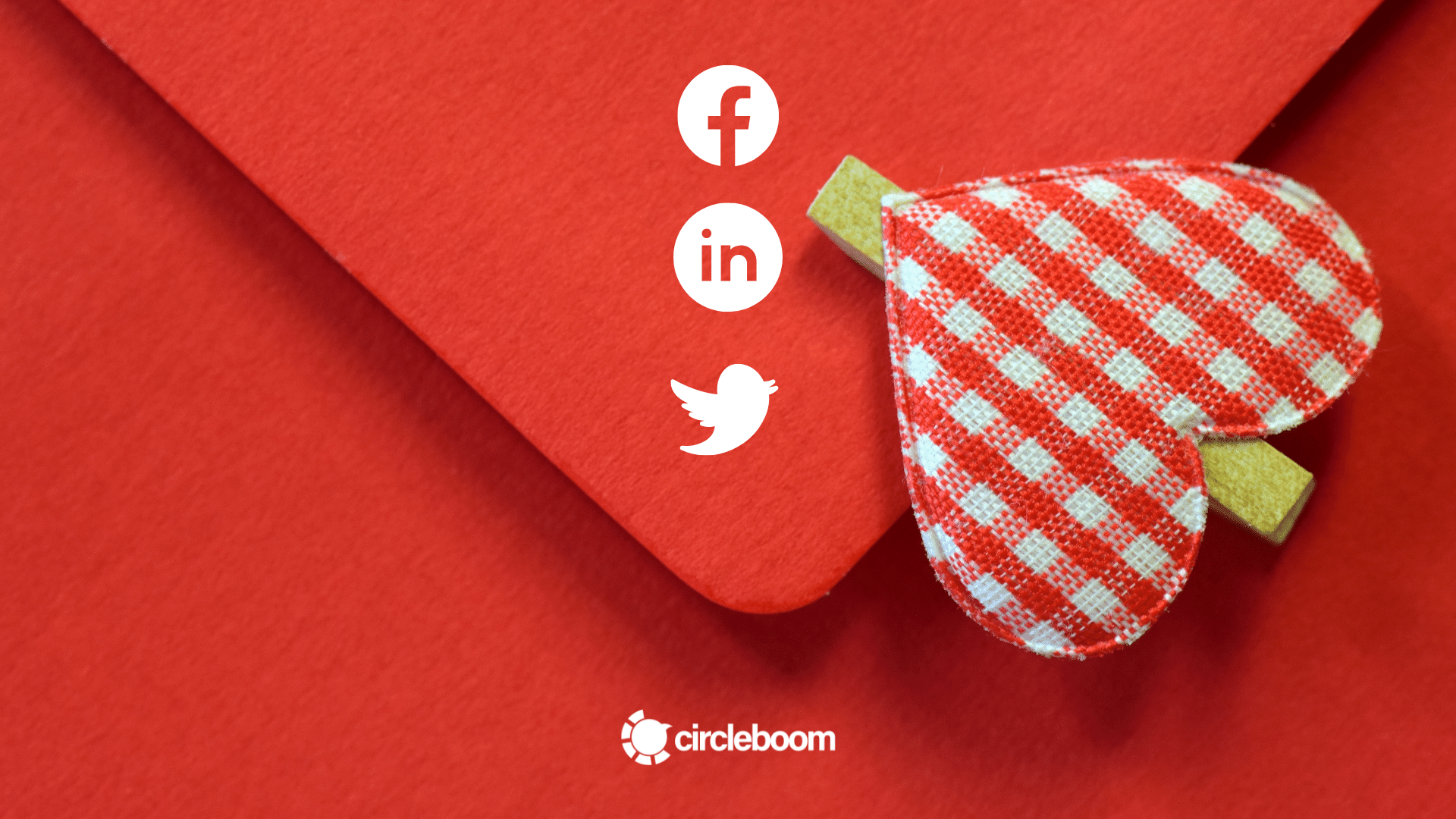
How to Use Hashtags for Business?
Several hashtag usage guidelines can be applied to any business account on social media:
- If you're using hashtags for their primary function (category and discovery), don't use too many words in each one.
- Anyone who searches for the hashtag on most social networking sites will see the posts you use in the hashtag if you have a public account.
- Avoid being a spammer by using hashtags. On a single post, don't use too many tags.
- Only use hashtags in tweets that are relevant to the subject. You won't get any gain if there is a content inconsistency between the post and the hashtag.

Above mentioned rules and similar ones are now almost commonsense rules and recommended also by Twitter.

It is recommended that you post on trending topics, but you must exercise caution in catastrophic situations such as natural disasters and terrorism, particularly if you use a business account... People have mixed emotions about how an organization can assist disaster victims. As a general rule, avoid attempting to transform these issues into a sales opportunity in any way.
Also, keep an eye on daily trends as well as important days and dates that can be used as hashtags.

How Can You Come Up with a Hashtag Strategy?
The hashtags that you used should be tailored to the audience you want to draw to your account as a starting point for developing a plan. More interaction will result from a better-targeted audience, and the content will begin to produce better results.
You can create a customized and unique hashtag for your brand in addition to using common hashtags, as long as it is appropriate. A company hashtag, also known as a "branded hashtag," is a tag created specifically for your business. This hashtag helps your users communicate with one another, and you can also benefit from the calculation.
Why do brands run social media hashtag campaigns?
A hashtag campaign can serve various purposes, regardless of whether you represent a small business or a large corporation. Hashtag campaigns can be used to:
- Raising brand recognition
- Increase your followers and retweets by increasing the exposure of your content and making it easier to monitor and measure it.
- Get the audience to participate.
- Effectively promote activities
- Assistance with organizing a contest or introducing a product
For example, Expedia uses a trending hashtag of #throwback or #tb and cleverly customizes it to its business niche.

Or, most of us remember how Audi combined product hashtag with campaign hashtags with #WantAnR8.

A brand hashtag does not need to include your company's name; it simply needs to reflect your brand or do a straightforward and appropriate manner. Product-specific hashtags are a type of brand hashtags. Samsung, for example, is promoting its new phone with the hashtag # GalaxyS8.
- Your brand's hashtags must be easy to remember, catchy, meaningful, and exclusive to capture the attention of your target audience.
- Make sure your hashtag isn't "too generic" as a business. Even if it is thought to have less access, try to be as precise as possible.
- Since #family is such a big hashtag, a brand targeting new parents might not want to use it. Alternatively, use a hashtag that is more applicable to the brand's target audience, such as #newmom or #momtobe.
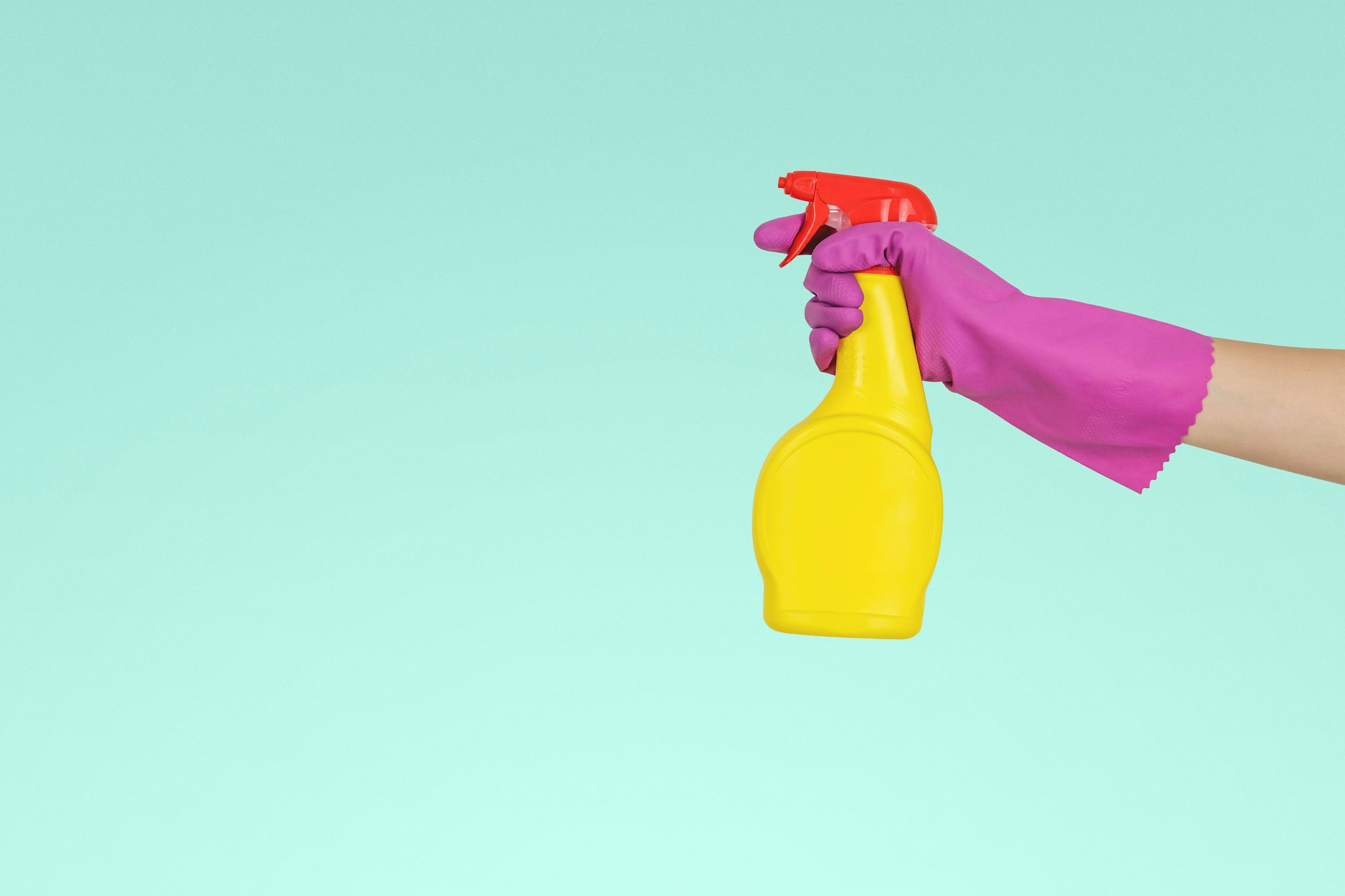
How to use hashtags on Twitter?
Hashtags can be used everywhere in your Tweets. Use them at the beginning to emphasize a point, at the end to provide meaning, or in the center of your post to draw attention to a keyword.
Hashtags can also be used in Retweet comments, responses, and your Twitter profile.
To find hashtagged content, type a hashtagged keyword into Twitter's search bar, or at Twitter's trending topics, look for hashtags that are currently trending.

How to search for trending keywords based on a subject?
If you're looking for Twitter accounts posted on famous Twitter hashtags, Circleboom Smart Search is a great place to start. You can quickly scan for unique or trending Twitter hashtags using Smart Search, making it much easier to reach your target audience.
Because of regular and weekly Twitter hashtag patterns, some trending Twitter hashtags can only be popular for a short time. Several other common Twitter hashtags discuss and cater to a broad range of topics or subjects, and they are always popular.
Use the Circleboom Twitter search tool to scan for related trending keywords and develop a strategy quickly.


Or you can do the reverse. Suppose you find that particular people are using the relevant hashtags to your business, or celebrities, for example, and want to find more people like them. In that case, you can search the hashtag and find the related people.

The search results are updated in real-time, so new tweets and users who use the hashtag are listed. Consequently, depending on the real-time Twitter account, every time you search for a hashtag, you will get different results.

How to use hashtags on Facebook?
Hashtags can be used in any aspect of your Facebook post, including the comments section.

Hashtags may also be used to organize content in private Facebook groups by specific themes using hashtags.
You may also use Facebook's search bar to look for a hashtag or click on a hashtag to see all content that uses the same hashtag.
You may also use the "search this group" bar under the group's menu to look for hashtags used in private Facebook groups. Since so many Facebook users' profiles are private, note that tracking how users communicate with your hashtags is more difficult for brands.

Using the hashtags for your brand, you can keep track of which public profiles participate in the conversation through the URL "facebook.com/hashtag/hashtagname".
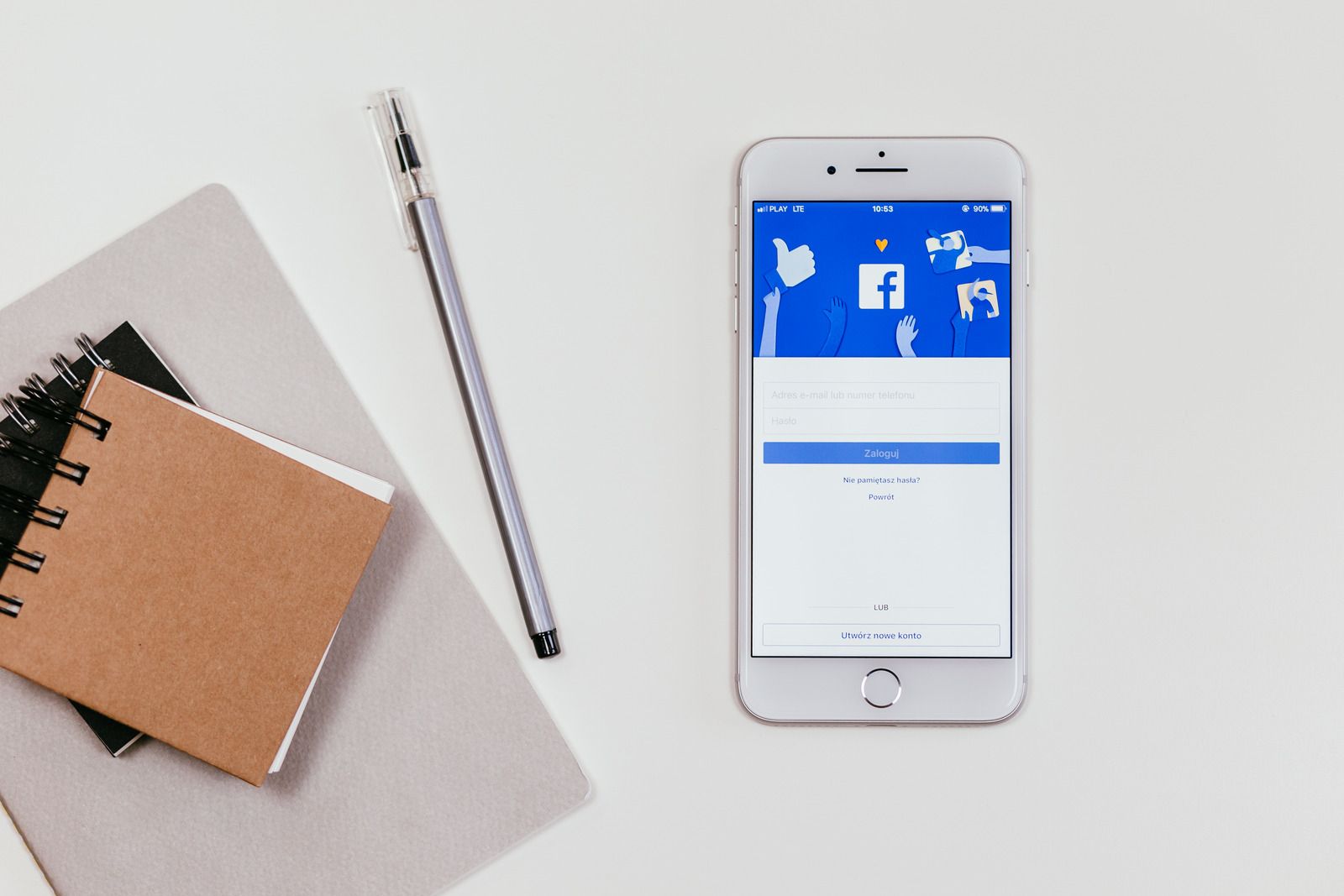
How to use hashtags on Instagram?
After writing a brilliant Instagram caption, it is a clever idea to add hashtags. When interacting with your followers, you can also use hashtags in the comment stream.
Besides, Instagram Stories allow you to use up to ten hashtags.
It's also possible to use hashtags in the bio of your brand's Instagram account.

You can use Instagram Insights if you have an Instagram Business account and see how many hashtag impressions your profile received.

Also, hashtags work well for Instagram stories. Consider adding your relevant hashtags to them as well.
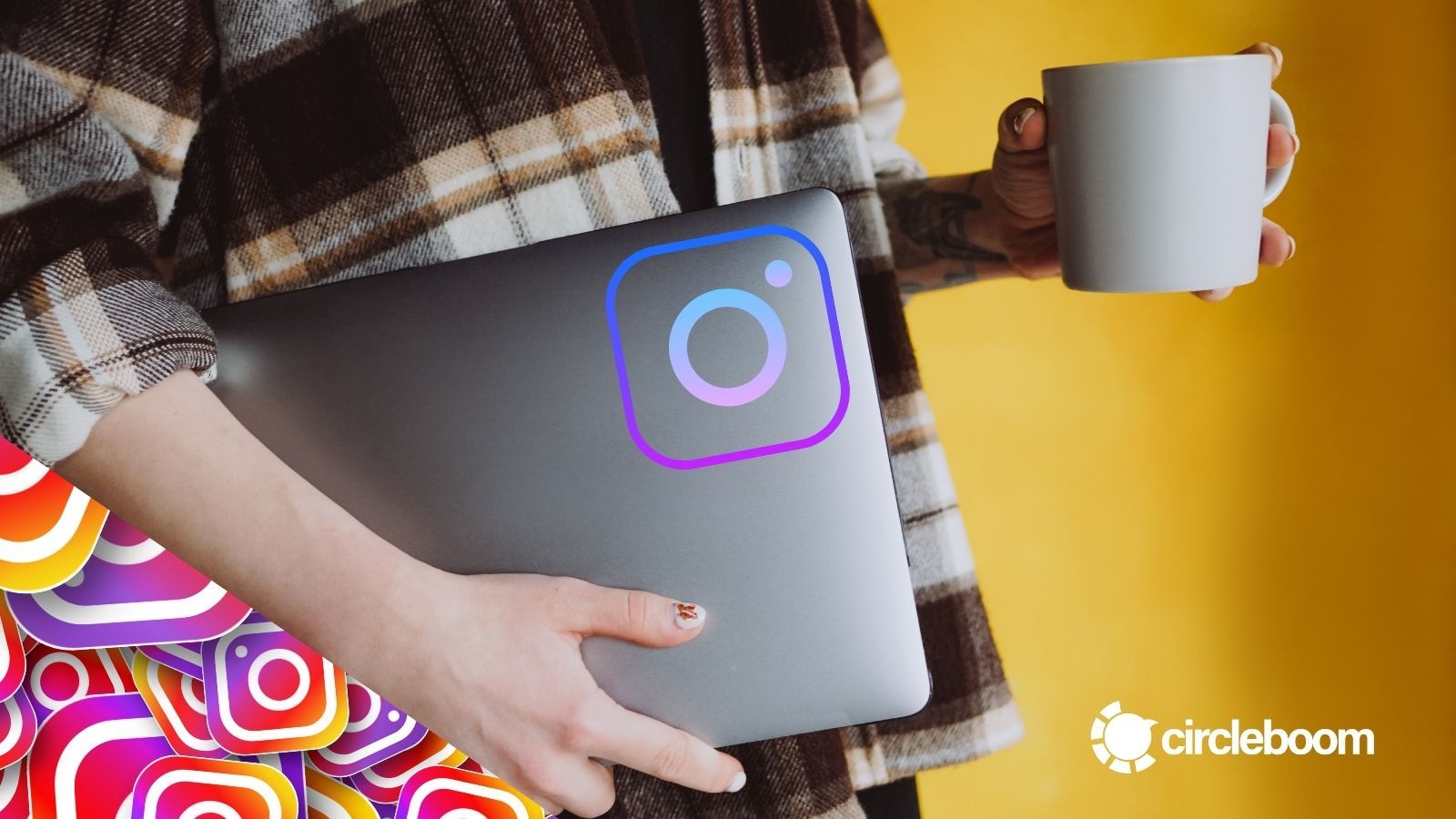
How to Use Hashtags on YouTube?
You may have a few hashtags in the title or explanation of your brand's YouTube video on YouTube. As a result, users can access a feed of other videos using the same hashtag by clicking on the hyperlinked hashtag.
However, no more than 15 hashtags can be used. Because of your spammy behavior, YouTube will disregard all hashtags and possibly flag your content. If you don't use hashtags in the title, then the first three hashtags in your video's description will appear above the title.

A few tips before you go
To help your fans and customers remember your brand hashtag, keep it short, plain, and easy to spell.
Avoid banned or spammy hashtags.
Hashtags that are either humorous or cleverly built, or both, are far more likely to be remembered. Remember how effective Red Bull's #PutACanOnIt hashtag campaign was?
To gather user-generated content, consider creating a branded hashtag.
It would be best if you tried creating behind-the-scenes branded hashtags based on your industry and niche.
Think about making a personalized hashtag to advertise the event or a new product launch.
And lastly, always keep in mind that each hashtag you use on a post should be relevant to the content and not be overused. Don't just paste your entire saved list into each post.
